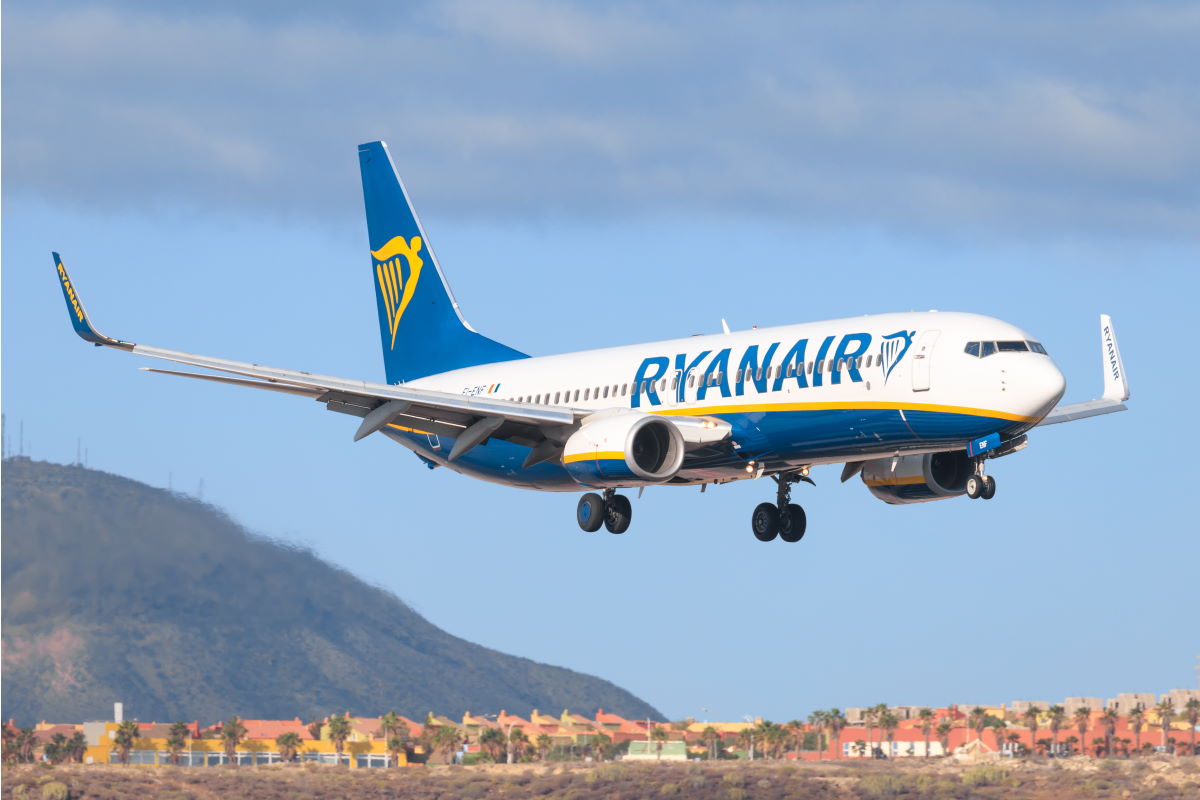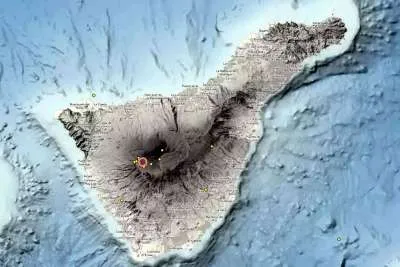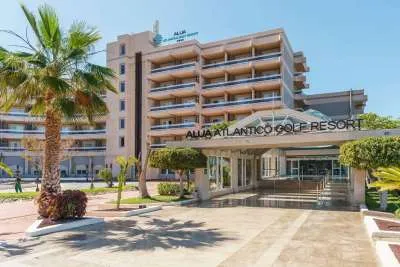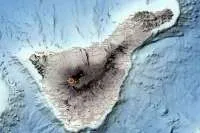WINTER IS COMING: The south of Tenerife shows good signs of economic recovery
- 01-11-2021
- Business
- Canarian Weekly
The south of Tenerife paints a completely different picture compared to the images of those a little over a year ago, when the virulence of the pandemic kept people in their homes, stopped them from travelling, and led the islands into an unprecedented zero tourism. Hotels were closed, beaches deserted, roads had no traffic, and most shops, bars and restaurants had their doors closed… now, a different story.
In the coastal tourist areas in the south of the island, you no longer hear the sound of the waves or the squawking of seagulls. The bustle, the music, people on terraces, the sound of people in the swimming pools, the screams of children on the beaches, and the circulation of delivery trucks, rent-a-cars and tourist buses have all returned.
Today, there are hardly any visible traces of the economic devastation caused by the coronavirus, which emptied and silenced pools and beaches, the promenades, streets, hospitality and leisure establishments.
For 18 months the South counted the days to begin filling its public spaces with people, open the doors of hotels, fill the sky with planes loaded with tourists, and wake up from a nightmare that seemed never-ending after the bankruptcy of British tour operator Thomas Cook, Brexit, and the worst calima the Canary Islands had seen in over 50 years, that forced the closure of the Islands' airports.
The first coronavirus case in Spain was detected in La Gomera on January 31st and we thought nothing of it, however, alarm bells went off on February 24th when the isolation of the H-10 Costa Adeje Palace hotel, the first complete tourist establishment confined in the world, was ordered after an Italian tourist tested positive for COVID-19.
The unprecedented quarantine decreed by the health authorities for 900 people (between clients and staff), raised doubts within the hotel associations and in the Canary Islands Government itself, due to the fear of a massive cancellation of reservations, placed the hotel in La Caleta under the international media spotlight for more than two weeks.
That emergency situation ended with an iconic image that appeared on televisions around the world: the exit of clients applauding the health personnel at the doors of the hotel. But there was a stark reality waiting just around the corner that no one saw coming.
Now the landscape has completely changed and expectations for the imminent winter season are favourable. After several aborted takeoffs due to successive pandemic waves, the widespread vaccination across Europe supports a recovery that this time is serious, albeit with caution in the face of possible virus variants.
Airlines have scheduled 6.4 million seats in Tenerife South for the winter season, which officially begins today, as confirmed by AENA, a figure that is 25% more than two years ago, before the coronavirus. The data from the Ministry of Tourism point in the same direction, and for now, they aim to close 2021 with more than 6 million visitors to the islands.
The Archipelago hopes to recover the bulk of its connectivity with 140 different destinations as of November, only 13 less than before the pandemic. Regular connections with the Nordic countries have been lost, but they have been gained with southern Europe (France and Italy, above all).
The United Kingdom once again monopolizes the largest number of scheduled seats, with 2.2 million seats planned, 6% more than two winters ago, according to data from the Ministry of Tourism.
The south of Tenerife also leads the opening of tourist establishments on the Island with more than 92% of its hotel and apartment complexes operating. In terms of beds available, there are currently 70,479 in the market out of 73,553 which is almost 96% of the total, according to Ashotel.
Optimism has finally returned to the sector with the arrival of the high season, which begins with a low incidence of Covid, although pending evolution of infections in the main emitting countries, where "there is a desire to travel", as noted by the hotel association... but nothing compared to the nightmare and the feeling of unreality of 2020.



























































